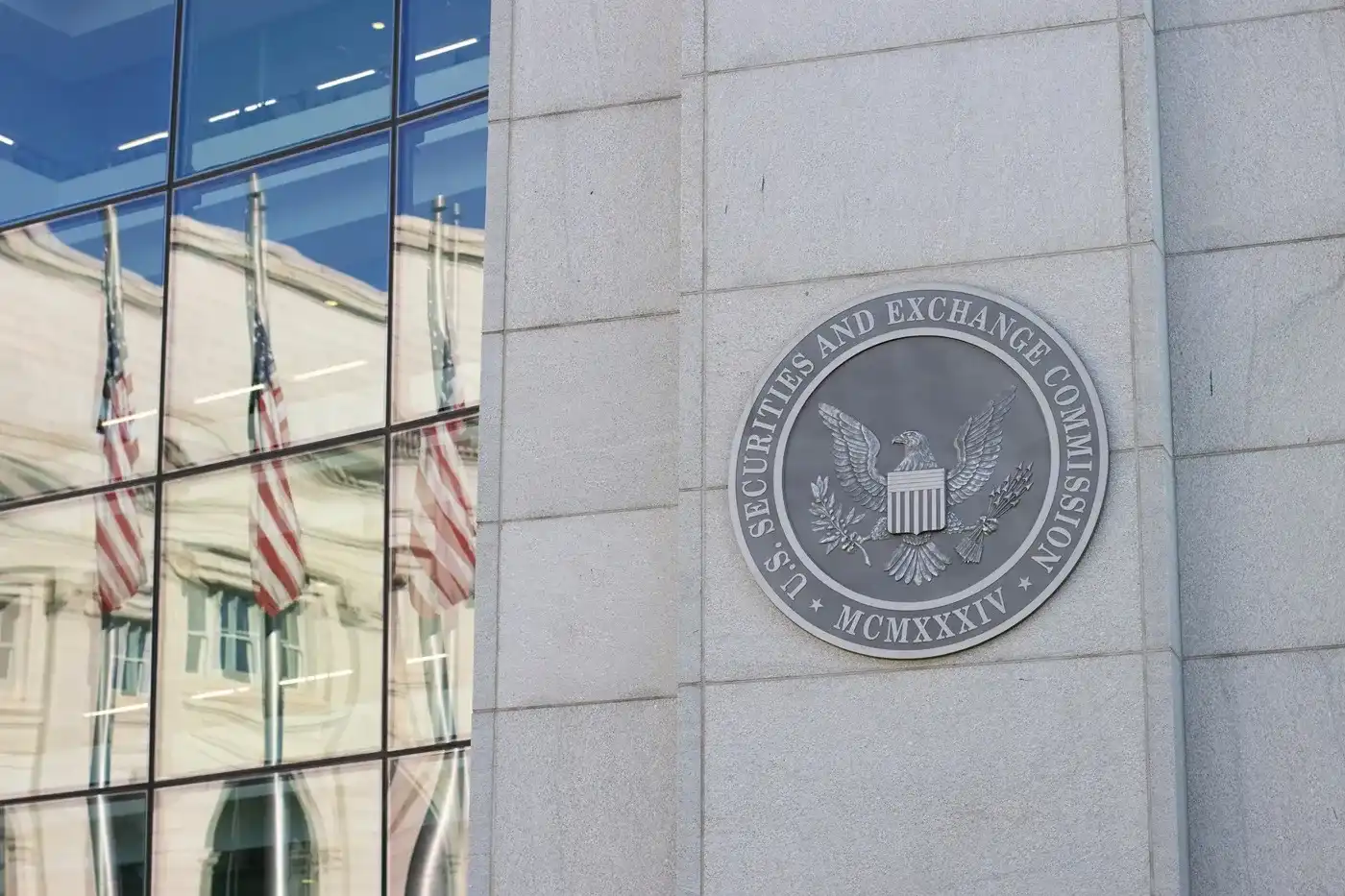Senators Reed and Butler request SEC Chairman Gensler to review crypto ETP approvals beyond Bitcoin, citing investor protection worries. Market reactions and legislative context discussed.
Two US Senators, namely Jack Reed and Laphonza Butler, have formally urged the Securities and Exchange Commission (SEC) to reassess its position regarding the approval of additional crypto exchange-traded products (ETPs), specifically focusing on those beyond Bitcoin. In a letter addressed to SEC Chairman Gary Gensler, the legislators emphasized their concerns regarding investor protections and the distinctive risks associated with the volatile nature of the crypto market.
Senators Call on Gensler to Halt Approval of Spot Crypto ETFs
The core worry of the senators revolves around the accessibility and sale of volatile cryptocurrency investments to the broader public through brokerage and retirement accounts, facilitated by the SEC's regulatory approval.
"Given the significant and unique risks posed by cryptocurrency, it is crucial that Americans receive accurate, comprehensive information about Bitcoin ETPs," the letter asserts, encapsulating the senators' concerns about potential gaps in investor knowledge and protection.
The letter highlights a review conducted by the Financial Industry Regulatory Authority (FINRA), revealing that a staggering 70% of broker communications with retail investors concerning cryptocurrency breached fair disclosure rules. Violations included misleading comparisons of cryptocurrency to cash and inadequate explanations of investment risks.
"In some instances, brokers' communications falsely equated cryptocurrency with cash; in others, they provided misleading explanations of cryptocurrency's risks," the senators pointed out, shedding light on the seriousness of misinformation and its ramifications for investor decision-making.
A major point of contention is the terminology used in marketing Bitcoin ETPs. By labeling these instruments as "exchange-traded funds" or "ETFs," there's a concern that investors may be misled into believing these products have the same protections as those governed by the Investment Company Act of 1940, which oversees mutual funds and ETFs.
"Although it may appear to be a minor distinction, this deliberate confusion of terminology is troubling," the letter elucidates, emphasizing the fundamental differences and the absence of protections such as fiduciary duties, leverage limits, and custody requirements for Bitcoin ETPs.
The senators' letter outlines three actions for the SEC: a comprehensive examination of brokers' and advisers' communications to ensure accurate investor information, scrutiny of recommendations to ensure alignment with client best interests, and a call for clearer naming conventions to prevent confusion. Additionally, it suggests a cautious approach to approving ETPs for other cryptocurrencies, citing concerns about market integrity and susceptibility to fraudulent schemes.
Reactions from the Crypto Community
The response from the crypto community to the senators' letter varies from indignation to reasoned counterarguments, reflecting the polarizing nature of regulatory discourse in the crypto space.
Alexander Grieve, Government Affairs for VC firm Paradigm, interpreted the senators' action as indicative of unease with the success of Bitcoin spot products among traditional financial circles. "The success of the BTC spot products clearly ruffling some feathers on the Hill," he stated.
Bloomberg's ETF experts, Eric Balchunas and James Seyffart, offered insights that lean towards skepticism about the motives behind the senators' concerns and the feasibility of their demands. Balchunas remarked, "The blockbuster success of the Bitcoin ETF is upsetting to high ranking Dems. Buyer's remorse. This is part of why we are pessimistic re spot Eth etf approval chances."
A few days ago, Balchunas downgraded the probability of an Ether ETF receiving approval by May to merely 35%. Previously, in January, Balchunas had estimated a 70% chance of approval.
Fellow Bloomberg analyst James Seyffart commented, "As someone who's spent significant time trying to obtain the data required to do this type of analysis on a minute by minute basis (it wasn't easy & I work at Bloomberg). There's almost zero chance these senators did the analysis themselves. So someone sent it to them... but who?"
Paul Grewal of Coinbase mounted a defense based on empirical evidence, challenging the notion that Bitcoin is the only cryptocurrency with a market robust enough to support ETPs. Grewal's assertion that "Many digital asset commodities - not just bitcoin - demonstrate market quality metrics that exceed even the largest traded equities," and particularly highlighting Ethereum's market depth and liquidity, represents a direct rebuttal to the senators' caution against expanding ETP approvals beyond Bitcoin.
Notably, Senators Butler and Reed have both played roles in numerous legislative efforts aimed at imposing stricter regulations on crypto within the United States. Last year, Butler supported Senator Elizabeth Warren's divisive Digital Asset Anti-Money Laundering Act bill by becoming a co-sponsor. Reed introduced bipartisan legislation intended to enhance the Know Your Customer (KYC) and Anti-Money Laundering (AML) rules.
At press time, BTC traded at $68,552.



